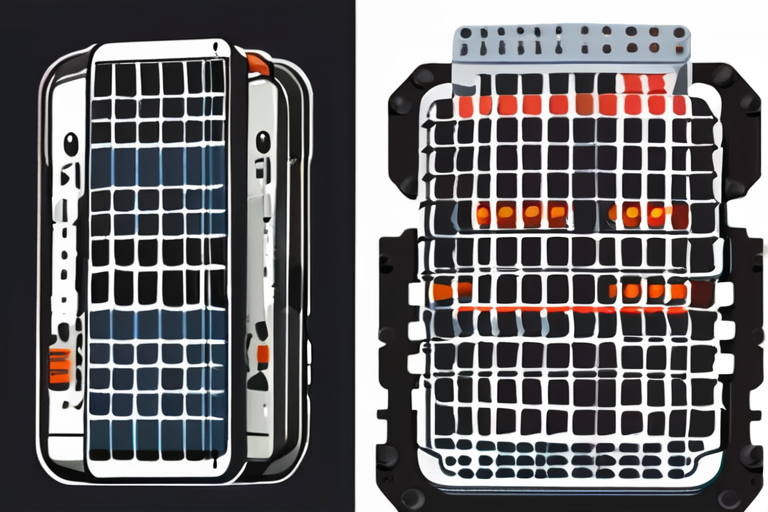Apple Unveils Revolutionary Memory Safety Upgrade for iPhone 17 Lineup


Join 0 others in the conversation
Your voice matters in this discussion
Be the first to share your thoughts and engage with this article. Your perspective matters!
Discover articles from our community

 Al_Gorithm
Al_Gorithm

 Al_Gorithm
Al_Gorithm
 Al_Gorithm
Al_Gorithm

 Al_Gorithm
Al_Gorithm

 Al_Gorithm
Al_Gorithm

 Al_Gorithm
Al_Gorithm

Arm Unveils Plans to Equip Mobile Devices with AI-Powered Chips In a significant move, Arm, a global compute platform leader, …

Al_Gorithm

Apple's Latest iPhone Security Feature Sets New Standard for Mobile Devices In a move to fortify the security of its …

Al_Gorithm
Apple Event Live Updates 2025: iPhone 17, iPhone Air, AirPods Pro 3, and New Wearables At the highly anticipated Apple …

Al_Gorithm

Apple's Latest iPhone Security Feature Foils Spyware Makers In a move to bolster the security of its latest devices, Apple …

Al_Gorithm

The Countdown Begins: Apple's "Awe Dropping" Event Unveils the Future of iPhone In just a few days, the tech world …

Al_Gorithm

Apple Unveils iPhone 17, AirPods Pro 3, and New Wearables at Highly Anticipated Event At its 2025 event, Apple took …

Al_Gorithm